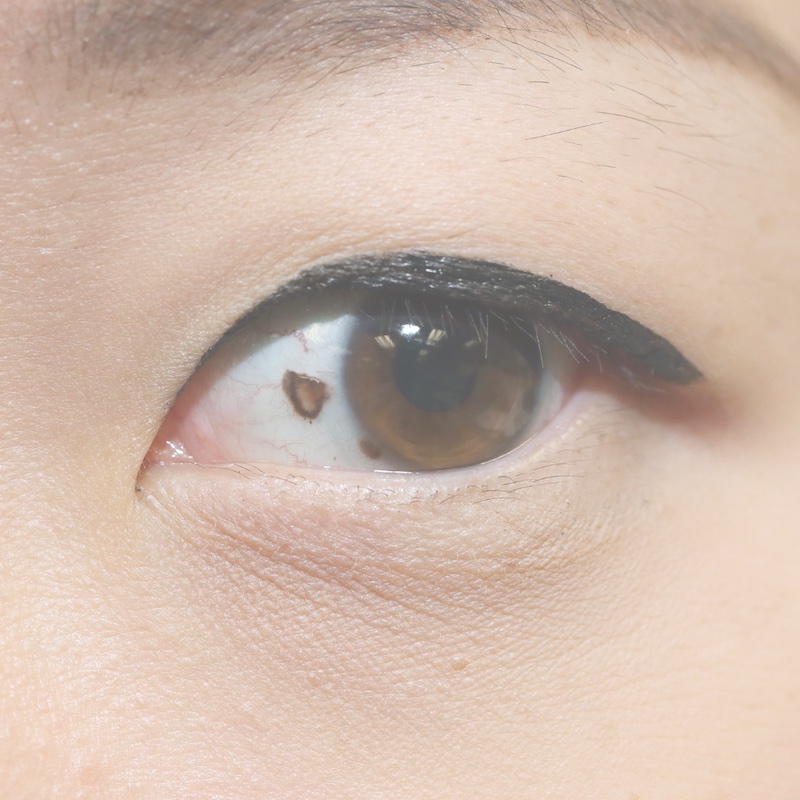May is Ocular Melanoma Awareness Month

There have been an estimated 3360 new cases of eye cancer so far in 2022 as well as 410 deaths associated with eye cancer. While very rare, ocular (uveal) melanoma is the most common primary eye cancer in adults.
Uveal melanomas are tumors of pigmented cells and can arise from choroidal nevi (also known as “moles”) inside the eye or may arise de novo. According to retina specialist Dr. Shelley Day Ghafoori, “Ocular melanoma is the most common primary intraocular tumor. Just as a mole on your skin can rarely turn into a melanoma, the same process can happen with a mole in the eye.”
This Ocular Melanoma Awareness Month, Dr. Ghafoori shares important information about the causes, diagnosis, and treatment of this cancer.
Ocular Melanoma Causes and Symptoms
There is not a clear reason why eye melanomas develop, but we do know that people born with moles in or on the eye are at a greater risk. According to the American Cancer Society, it is more common in fair skinned individuals, and is slightly more common in men than women.
Ocular Melanoma Diagnosis
Diagnosis of ocular melanoma is made through a combination of dilated examination, ophthalmic photos, ultrasonography, and other forms of imaging such as optical coherence tomography and fluorescein angiography.
Part of the initial diagnostic workup includes imaging of the body with PET/CT, CT, or MRI to see if the tumor may have spread to other parts of the body. This step is important, as Dr. Ghafoori shares, “If untreated, ocular melanomas can spread to other parts of the body such as the liver and lungs, which can be fatal.”
Ocular Melanoma Treatment
The primary goal of treatment of uveal melanoma is to prolong life by preventing metastatic spread to other parts of the body. Dr. Ghafoori says that “small or medium-sized melanomas can be treated with radiation, or if they are large, may require removal of the eye.” After treatment, periodic visits are required to monitor the response of the tumor within the eye and it is important to continue screening for spread of the melanoma to other parts of the body.
For more information on ocular melanoma, request an appointment online or call 800-252-8259.
For the latest Austin Retina news, visit our blog or follow us on Facebook and Instagram.

